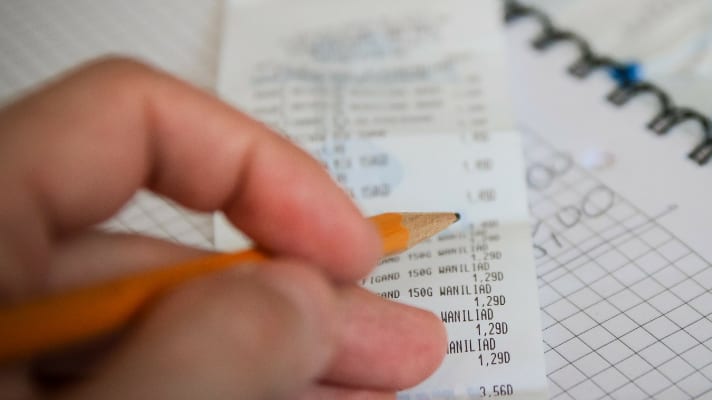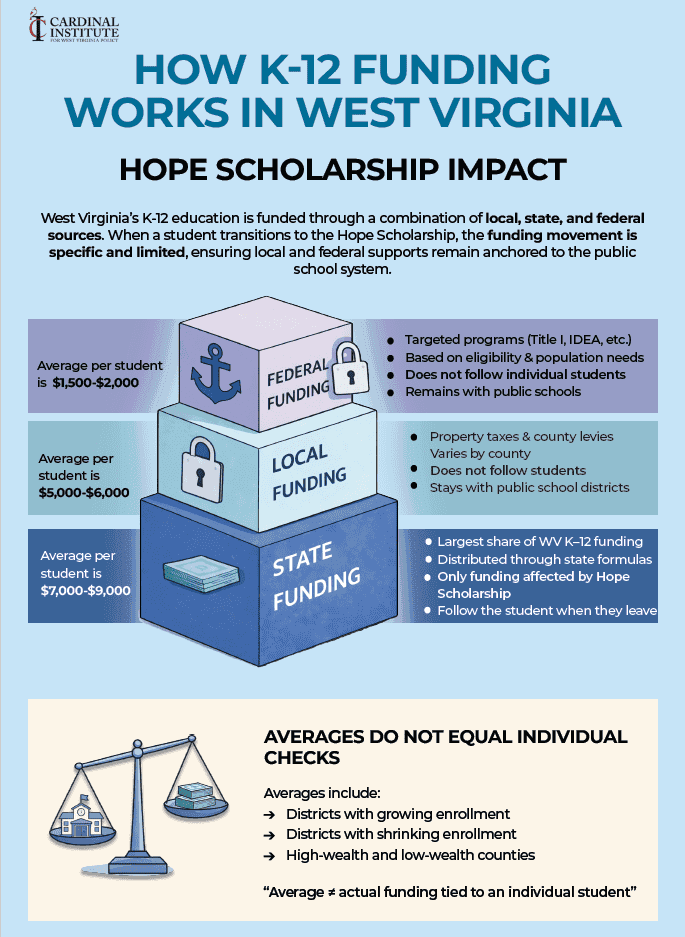
Consumption Taxes Provide Choice to Consumers
Keep Your Paycheck
Every year, shortly after January 1st, you go into work. After a week or two, you receive that year’s first paycheck. Much to your dismay, the list of taxes begin to pile up: federal, state, payroll. Each eating away at the money you earned. Each eating away at the things you’d otherwise spend your hard earned money on: dinners out with your spouse, more reliable transportation, a vacation with your family. You think to yourself, “I wish I could just pay all my taxes up front, then keep all my money at some point.” That may not be all it’s cracked up to be either.
Every year, the Tax Foundation calculates Tax Freedom Day. Tax Freedom Day represents the date where a worker would begin to keep his money if he paid his taxes up front for that year, committing 100% of his paycheck to his tax bill starting January 1st. In 2023, Tax Freedom Day is April 18th. January, February, March, and much of April is committed to paying the government. Paid over time, about a quarter of the average person’s time is spent working on behalf of Uncle Sam.
And you have no choice in the matter. You spend your money only after paying the government. You save your money only after paying the government. In the income tax system, the worker comes second. Enter consumption taxes: the taxes that allow consumers to decide when to pay Uncle Sam.
Consumption Taxes
Consumption taxes are taxes levied on spending on goods and services. They commonly come in the forms of sales taxes or value-added taxes. Since funds are only taxed when they are spent, consumption taxes give more choice and incentivize saving.
Consumption Taxes: Choice for Consumers, Investment for the Economy
As stated above, consumption taxes give more choice to the consumer. Every time you handle money, you are working with less because of the income tax system. If you want to spend money on needs or wants, you’ve already paid taxes on that money and have less of it. When you want to save that money in a savings or brokerage account, you’ve already paid taxes on that money and have less of it. If you want to stick $20 or $50 in a niece or nephew’s birthday card, you’ve already paid taxes on that money and have less of it. That final example really demonstrates the pervasiveness of the income tax system. It affects everything you do.
The consumption tax system forces government to take the backseat. If you are still spending your money on needs or wants, you will pay consumption taxes on that spending. You will have more money to begin with due to the absence of income taxes. However, with our other examples of the savings account or birthday card, your income starts tax free and stays tax free.
Through these examples, we can see that savings is encouraged: it’s tax free! This savings investment bolsters the economy, increases productive resources, and promotes economic growth. That economic growth benefits you, making your tax free paycheck even bigger.
Making a Consumption Tax Fair for Lower Income Workers
A common objection to consumption taxes is that these taxes hurt lower income workers disproportionately. Opponents say this is due to lower income individuals needing to spend a higher percentage of their income compared to higher income earners. Rent or mortgage expenses, heating and cooling, and food expenses eat more into smaller budgets than large ones. Fortunately, there are easy solutions to this problem: lower taxes on necessities and higher taxes on luxury items.
We already see some of these mechanisms at work in West Virginia with grocery items being exempt from the state sales tax. Policymakers could include exemptions and lower rates for rent, utilities, and toiletries to name a few. Meanwhile, increased taxes on luxury items like jewelry or noncommercial vehicles above a certain value could serve as revenue mechanisms and encourage additional savings investment at higher income levels.
It is clear: tax reform discussions in West Virginia need consumption taxes to have a seat at the table. The West Virginia Legislature and Governor Justice have the opportunity to make West Virginia a leader in tax reform, paving the way for other states to expand choice and freedom to their workers while reaping the economic benefits of an income tax free West Virginia economy.
Jacob McCoy is a Contributor to the Cardinal’s Nest blog.








